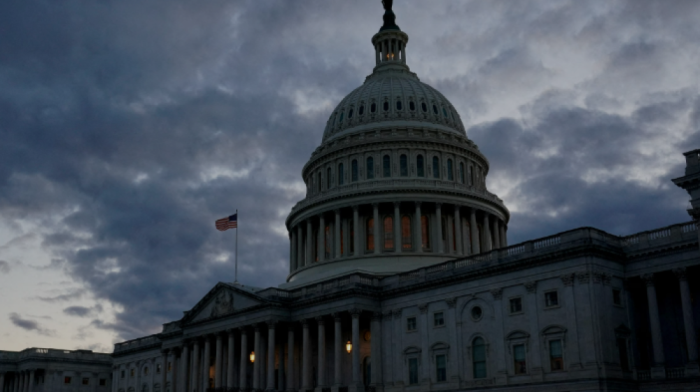The Trump administration on Tuesday announced a landmark plan to phase out the Federal Emergency Management Agency (FEMA) following the 2025 hurricane season. The move signals a fundamental shift in the nation's approach to disaster recovery, placing the primary responsibility on state governments.
The Trump administration on Tuesday announced a landmark plan to phase out the Federal Emergency Management Agency (FEMA) following the 2025 hurricane season. The move signals a fundamental shift in the nation's approach to disaster recovery, placing the primary responsibility on state governments.
Speaking at a White House press briefing, President Donald Trump confirmed that FEMA would be systematically dismantled. "We’re moving it back to the states, so the governors can handle it," Trump stated. "If they can’t handle it, they shouldn’t be governor."
The President also detailed a radical change to the distribution of emergency funds. Instead of being channelled through federal agencies, financial aid will be sent directly from the executive branch.
"We’re going to give out less money," the President said. "We're going to give it out directly. It'll be from the president's office. We'll have somebody here, could be Homeland Security."
The plan was echoed by Homeland Security Secretary Kristi Noem, who affirmed that the current structure of the disaster agency is obsolete. Noem stated that FEMA "fundamentally needs to go away as it exists."
The announcement comes just as the United States enters what is predicted to be a volatile hurricane season. The National Oceanic and Atmospheric Administration (NOAA) officially designates the season as running from June through the end of November.
For 2025, NOAA has issued a forecast with a 60% chance of above-normal storm activity in the Atlantic. This projection raises significant questions about the capacity of individual states to manage large-scale disasters without the logistical and financial support that FEMA has provided for decades.
This policy overhaul represents one of the most significant restructurings of federal emergency response since FEMA's creation in 1979. As states now face the prospect of taking the lead on disaster relief, many will be re-evaluating their own emergency preparedness and budgetary resources ahead of the impending storm season.
Read next
12:09
China-U.S.
For years, companies have navigated stringent U.S. data requirements for sensitive exports. Now, in a significant turn, China is implementing a similar system for its critical rare earth minerals, asking Western firms for proprietary business information and signaling a new global standard.
08:40
World News
U.S. Special Envoy Steve Witkoff will meet Iran’s foreign minister in Oman on Sunday as Tehran prepares a counter-offer to Washington’s stalled nuclear proposal, deepening uncertainty over the region’s security.
04:20
US in Middle East
U.S. Defense Secretary Pete Hegseth has authorized the voluntary evacuation of military dependents from locations across the Middle East, a U.S. defense official said Wednesday.
23:00
The U.S. budget deficit narrowed to $316 billion in May, marking a 9% drop from last year, largely due to a surge in customs revenue driven by President Trump’s new tariffs.
21:15
Germany has welcomed the rare-earth trade truce between China and the U.S., calling it a positive step that could inspire similar progress in EU-U.S. talks.





















What is your opinion on this topic?
Leave the first comment